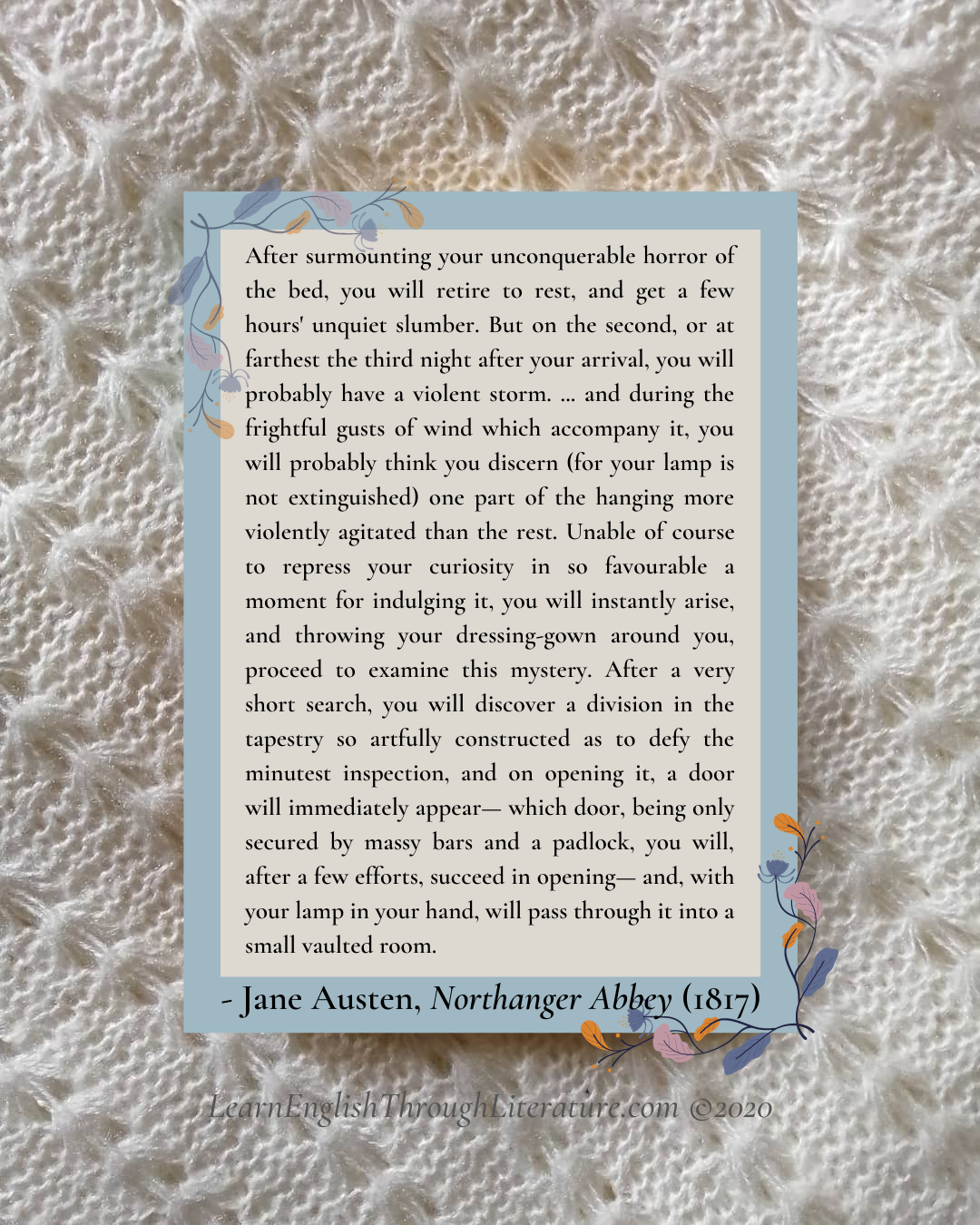This lesson post completes the yesterday’s, so please make sure to read it before this one.
The last principle or rule for distinguishing how to use ‘shall’ vs. ‘will’ in English:
…
📝 #5 When describing a future action or decision in a non-interrogative context, should you use ‘shall’ or ‘will’?
The best way to explain this is to consider the future as having two aspects. One is sometimes described as the normal future, expressing an expectation, an intention, a prediction, or a plan. The other is often called the strong future, expressing a command, determination, or promise.
Depending on which aspect is being considered – normal future or strong future – both the first person singular (‘I’) and first person plural (‘we’) use ‘shall’ and ‘will’ differently from the second person (singular and plural) and the third person (singular and plural):
…
✏️ NORMAL FUTURE ASPECT
When the first person (singular / plural) is expressing a verb in the normal future aspect, ‘shall’ is used. For example, Catherine is expressing an expectation here that she will always like Bath:
📘 ‘I really believe I shall always be talking of Bath, when I am at home again— I do like it so very much.’
Here Isabella is planning the itinerary for a short trip they are taking:
📘 ‘We shall drive directly to Clifton and dine there; and, as soon as dinner is over, if there is time for it, go on to Kingsweston.’
In this next example, Eleanor Tilney is predicting that her brother will talk about Johnson and Blair (two famous English lexicographers) if Catherine continues to use the word ‘nicest’:
📘 ‘The word ‘nicest,’ as you used it, did not suit him; and you had better change it as soon as you can, or we shall be overpowered with Johnson and Blair all the rest of the way.’
✍️ However, when it comes to the second person (singular or plural) or the third person (singular or plural) using the normal future aspect, we must use ‘will’ instead of ‘shall’. Notice the expectation or hopefulness (typical of the normal future) in each of these sentences:
📘 ‘You will not be frightened, Miss Morland,’ said Thorpe, as he handed her in, ‘if my horse should dance about a little at first setting off.’
📘 ‘I say, you will come to Belle’s wedding, I hope.’
📘 ‘I can finish my visit here, you know, at any time; or I hope you will come to me.’
📘 ‘Oh, no; they will never think of me, after such a description as that.’
📘 ‘They will hardly follow us there.’
– Jane Austen, Northanger Abbey
…
✏️ STRONG FUTURE ASPECT
The strong future aspect reverses the rules that applied to the normal future aspect. With the strong future, the first person (singular or plural) now takes ‘will’ to express a command, determination, resolution, or promise. Conversely, the second person (singular or plural) and the third person (singular or plural) assume ‘shall’ to express the same.
Here are a few more lines from Northanger Abbey to help illustrate these principles:
📘 ‘I am determined I will not look up.’
Notice Isabella’s determination here: hence ‘I will’.
In this next sentence, Catherine resolves to write home to her parents right away:
📘 ‘I will write home directly,’ said she …
Catherine promises to offer Isabella the very best:
📘 ‘You shall certainly have the best in my power to give.’
Here Captain Tilney resolves that his son Henry shall inherit a good property:
📘 ‘It is a family living, Miss Morland; and the property in the place being chiefly my own, you may believe I take care that it shall not be a bad one.’
– Jane Austen, Northanger Abbey
…
While many English speakers use ‘will’ for every context, the 5 principles outlined in this Lesson have distinguished ‘shall’ from ‘will’ for generations of English speakers and continue to express nuances for anyone prepared to understand them. I hope that you will have a new appreciation for ‘shall’ and ‘will’ from now, whether you use them in your English communication or simply want to appreciate the subtleties found in English classics like Jane Austen’s. Remember: English literature is for everyone!




